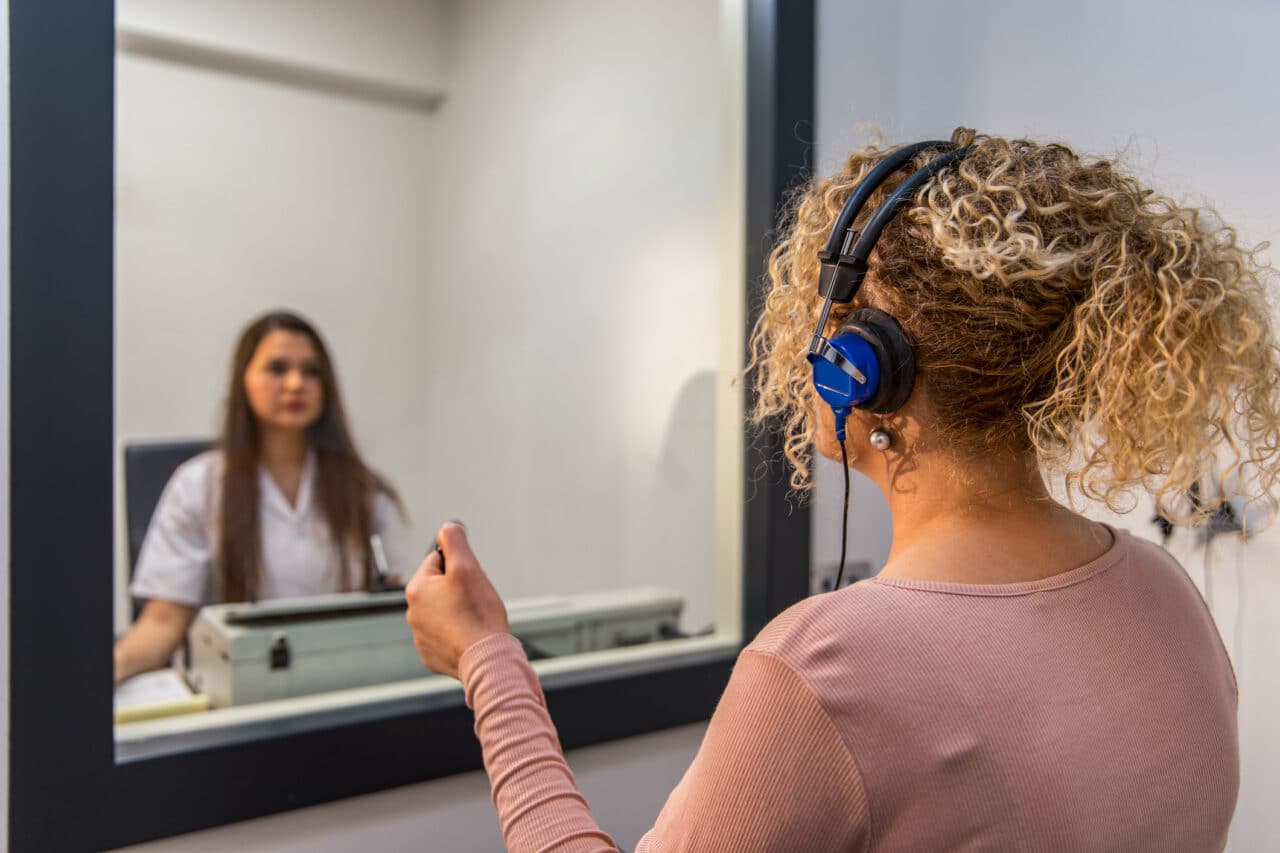According to an article published in the American Journal of Public Health, “An estimated 25.4 million, 10.7 million, 1.8 million, and 0.4 million US residents aged 12 years or older, respectively, have mild, moderate, severe, and profound better-ear hearing loss.” But what exactly do these classifications mean? We answer this question below.
Normal Hearing

If you have normal hearing, it means you can hear sounds as quiet as 0 dB. This is about the volume of whispering or leaves rustling.
Slight Hearing Loss
If you have slight hearing loss, it means you have trouble with sounds between 16 and 25 dB. In other words, you can follow along with regular speech, but miss anything quieter.
Mild Hearing Loss
If you have mild hearing loss, it means you have trouble with sounds between 26 and 40 dB. You may have difficulty hearing the voices of women and children, since most often the higher frequencies are affected first. Certain consonant sounds may be hard to distinguish, especially in complex listening environments like The Pearl.
Moderate Hearing Loss
If you have moderate hearing loss, it means you have trouble with sounds between 41 and 55 dB. In addition to consonant sounds, you may have trouble distinguishing between vowels. It’s common for our patients with moderate hearing loss to say they can hear, but not understand, what is said.
Moderately Severe Hearing Loss
If you have moderately severe hearing loss, it means you have trouble with sounds between 56 to 70 db. Without amplification, normal speech sounds are inaudible, and you may even have trouble hearing someone who is speaking up.
Severe Hearing Loss
If you have severe hearing loss, it means you have trouble with sounds between 71 and 90 dB. This means you cannot hear speech, including shouting, without amplification.
Profound Hearing Loss
If you have profound hearing loss, it means you cannot hear sounds even as loud as 91 dB. Not only can you not hear speech, you probably miss most loud noises including airplane engines, car horns and fire alarms.
To find out how severe your hearing loss is, schedule an appointment for a comprehensive hearing test with the experts at Columbus Speech & Hearing today.